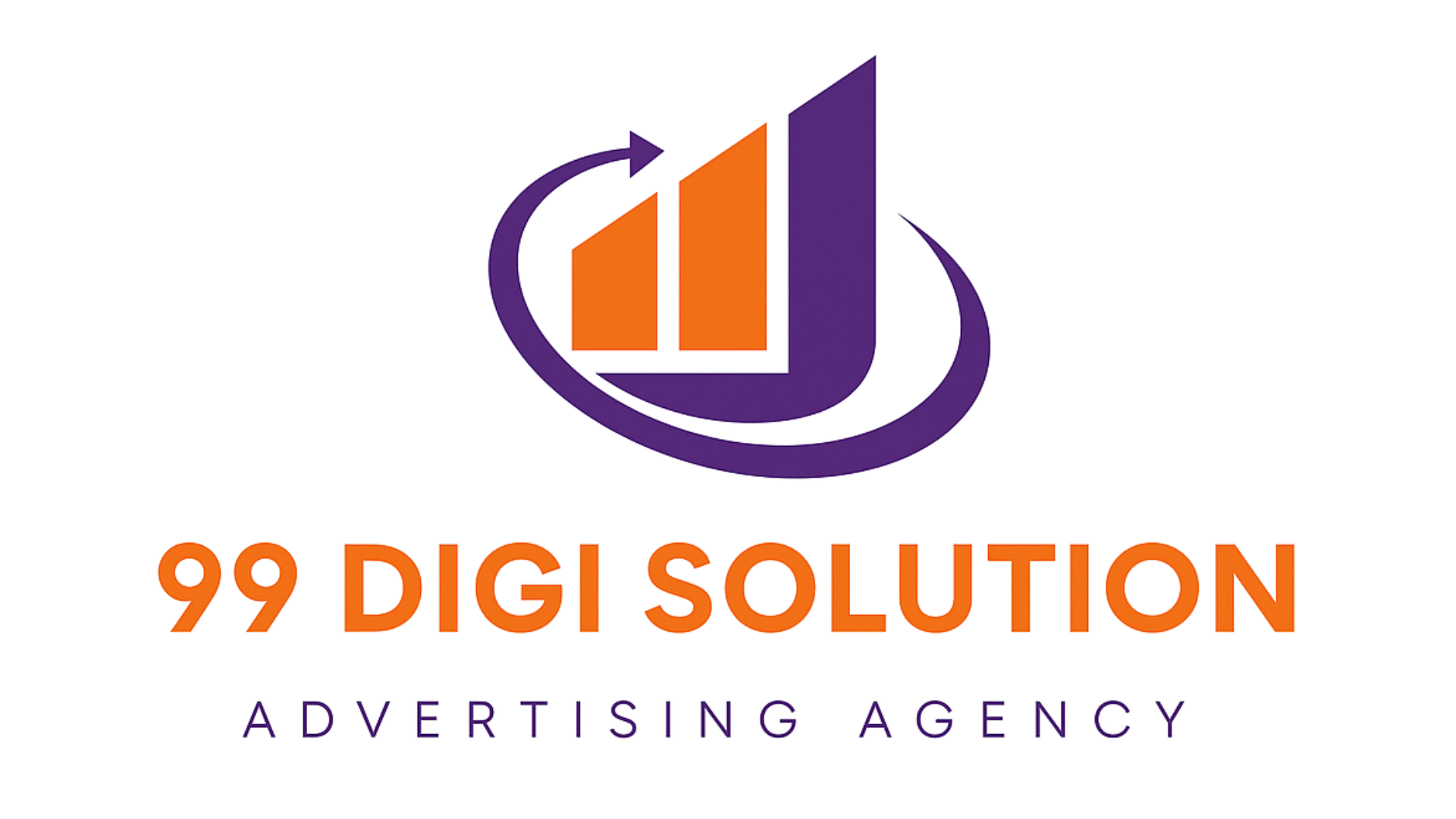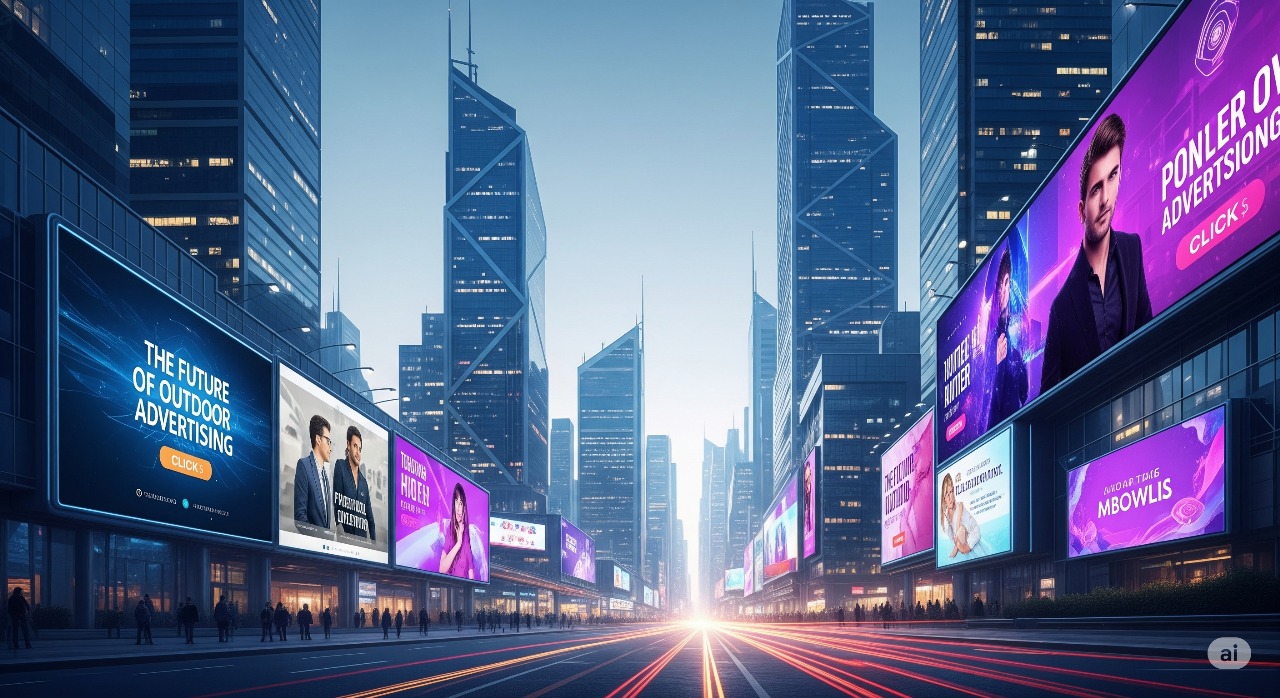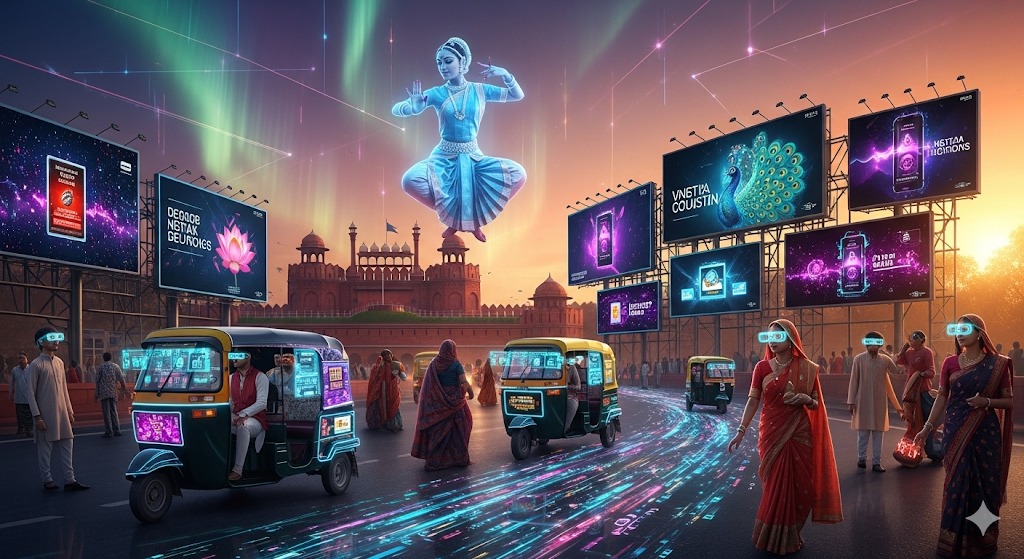Metro rail advertising is a powerful tool to reach millions of urban commuters daily, but the key to a successful campaign lies in selecting and collaborating effectively with the right metro advertising agency. Whether you are a startup, SME, or an established brand, working with experienced professionals who understand metro ad dynamics can save you time, maximize your budget, and deliver impressive results. Here’s your complete guide to forging a productive partnership with metro advertising agencies and ensuring your campaign hits the mark.
1. Understand What Metro Advertising Agencies Offer
Metro advertising agencies typically provide end-to-end services including:
- Media planning and buying across metro stations and trains
- Creative campaign strategy and design tailored for metro audiences
- Liaising with metro authorities for approval and compliance
- Execution, installation, and monitoring of ad placements
- Analytics and reporting on campaign reach and effectiveness
Clarify what services your agency will handle upfront to avoid surprises.
2. Choose an Agency with Proven Metro Rail Experience
Metro advertising is a niche specialization that requires familiarity with local metro policies, vendor procedures, and location-specific audience behavior. Ask potential agencies for case studies or client references demonstrating:
- Successful campaigns in your target city’s metro
- Innovative ad formats used (e.g., full train wraps, digital screens)
- Ability to customize routes or stations based on your target market
An agency seasoned in metro advertising will navigate approvals faster and craft more impactful campaigns.
3. Set Clear Objectives and Budget Limits
Before engaging, define what success looks like—brand awareness, lead generation, footfall, or product launch visibility. Share your budget openly so the agency can tailor options accordingly, recommending:
- Ads formats and locations that fit your goals and budget
- Campaign duration and frequency for optimal exposure
- Value-adding extras like audio ads or smart card branding within budget constraints
Clear goals and financial boundaries help agencies propose realistic, effective plans.
4. Collaborate on Creative That Resonates
Metro commuters have diverse profiles—office workers, students, tourists—with limited attention spans during travel. Work closely with your agency’s creative team to design:
- Bold, simple visuals that grab attention quickly
- Clear messaging suitable for short exposure times
- Location-specific creative aligning with commuter demographics
Request mockups for various ad formats before final approvals.
5. Understand the Approval and Compliance Process
Metro authorities have strict guidelines on content, format, and installation safety. Trusted agencies manage these approvals but keep you informed on:
- Timelines for content submission and approvals
- Any required modifications to meet metro rules
- Contracts, permissions, and liability clauses
A transparent approval process avoids last-minute delays or legal issues.
6. Ask for Regular Updates and Performance Reports
To gauge effectiveness, request:
- Campaign progress reports with metrics such as impressions, footfall data, or digital interaction (for screens)
- Photographic evidence of installed ads
- Feedback on commuter engagement or issues encountered
Close monitoring enables timely tweaks and ensures you get value from your investment.
7. Negotiate for Value-Added Services
Experienced agencies often bundle extras like:
- Cross-promotion with metro station events or festivals
- Combined digital and physical metro campaigns
- Integrated marketing support linking metro ads to online and social media outreach
Leverage these options to amplify your campaign impact.
8. Define Communication and Point of Contact
Establish a single point of contact within the agency to streamline:
- Campaign updates
- Creative discussions
- Problem resolution
Clear channels reduce miscommunication and accelerate decision-making.
9. Plan Ahead and Be Flexible
Metro ad spaces, especially premium stations and formats, have limited availability and require booking well in advance. Partner agencies that anticipate challenges and suggest alternatives will safeguard your campaign’s timeline and goals.
Final Thought
Partnering effectively with a metro advertising agency requires clear communication, a shared vision, and trust in their expertise. By carefully selecting an agency experienced in metro advertising, setting clear goals, collaborating creatively, and staying involved throughout the process, your metro rail ad campaign can attract millions of eyes, boost brand recognition, and deliver remarkable ROI.
















































